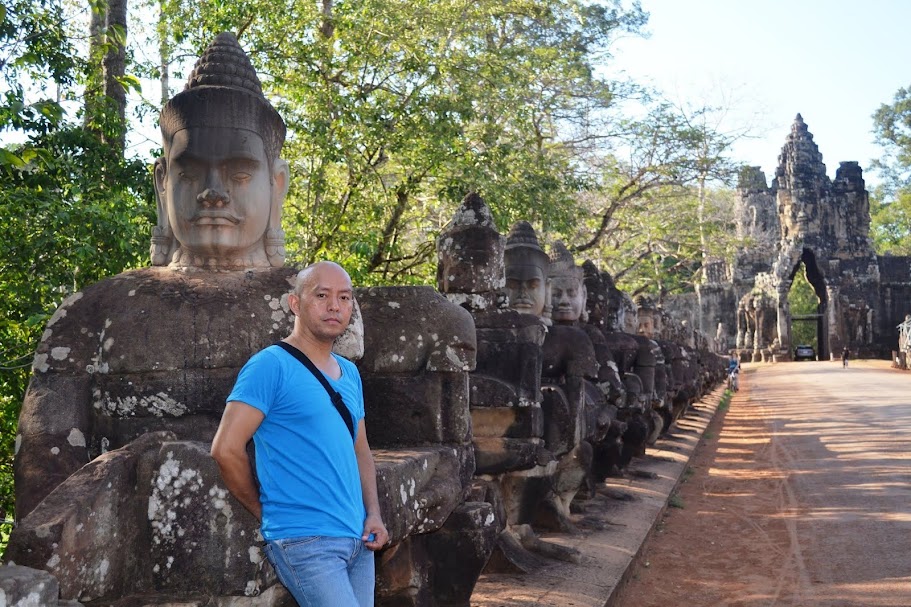Honestly,I am having a hard time of sleeping to complete the 7 hours....I think 4 to 5 hours is the longest and even the regular number of hours I got every night.
Up to now,I am trying to keep myself comfortable and worry free emotionally and mentally to get a good sleep,yet,nothing works.
Pimples to acne were the usual signs that came out when I am lack of sleep.Up to now, I am still sufferring to this kind sleep epidemia..well hope this article that I posted below from Yahoo would somehow help me in a little way to regain my sleep.
While browsing the net,I came across to this article posted at Yahoo.
Better sleep doesn’t have to come in a pill.
For people with chronic insomnia, studies show that simple behavioral and psychological treatments work just as well, and sometimes better, than popular medications, according to a report in The Journal of Family Practice.
The medical journal Sleep last year reported on five high-quality trials that showed cognitive behavioral therapy helped people suffering from insomnia fall asleep sooner and stay asleep longer. Another American Journal of Psychiatry analysis of 21 studies showed that behavioral treatment helped people fall asleep nearly nine minutes sooner than sleep drugs. In other measures, sleep therapy worked just as well as drugs, but without any side effects.
The behavioral strategies for better sleep are deceptively simple, and that’s one reason why many people don’t believe they can make a difference. One of the most effective methods is stimulus control. This means not watching television, eating or reading in bed. Don’t go to bed until you are sleepy. Get up at the same time every day, and don’t nap during the day. If you are unable to sleep, get out of bed after 15 minutes and do something relaxing, but avoid stimulating activity and thoughts.
So-called sleep hygiene is also part of sleep therapy. This includes regular exercise, adding light-proof blinds to your bedroom to keep it dark and making sure the bed and room temperatures are comfortable. Eat regular meals, don’t go to bed hungry and limit beverages, particularly alcohol and caffeinated drinks, around bedtime.
Finally, don’t try too hard to fall asleep, and turn the clock around so you can’t see it. Watching time pass is one of the worst things to do when you’re trying to fall asleep.
It may be hard to believe, but studies show these simple steps really do make a meaningful difference for people with sleep problems. These interventions are based on the notion that thoughts and behaviors can “hyper-arouse” the central nervous system and deregulate sleep cycles, resulting in chronic insomnia, reports Family Practice.
If these steps don’t work, talk to your doctor about a referral to a sleep therapist, who can also teach you additional relaxation techniques to help bring on sleep. Sometimes, a therapist might work with you to reset your sleep-wake schedule, a more involved process whereby patients adjust their bedtime each night over the course of a few weeks.
this article was taken from:Yahoo

picture taken from yahoo





No comments:
Post a Comment